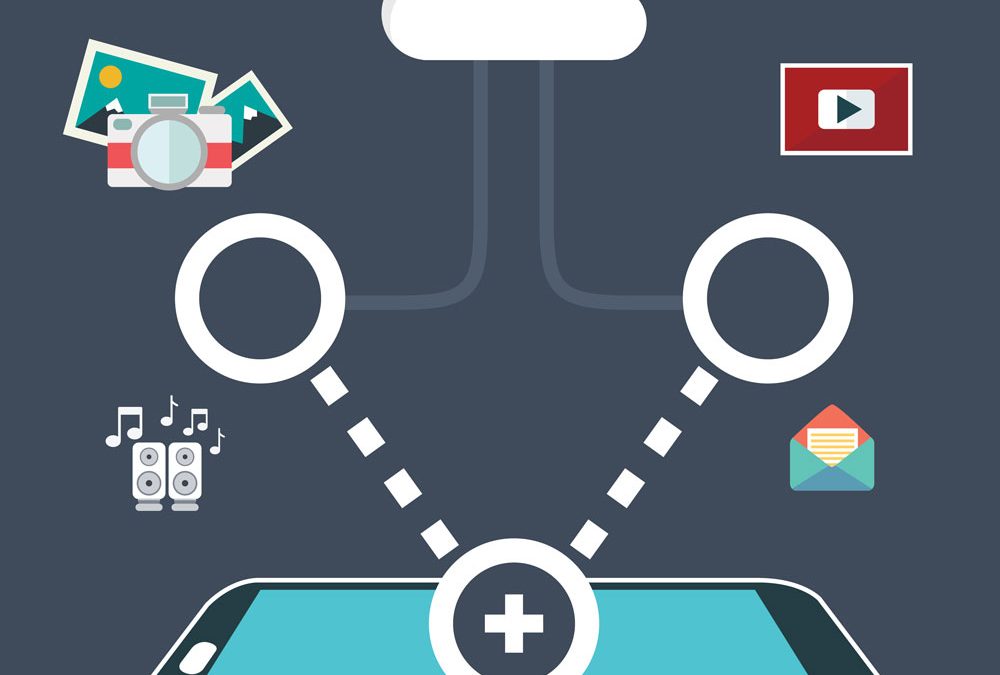Blog

What is Cybersecurity and Why it Matters
Over the last several years, we have heard about high-profile cyber attacks and data breaches. However, large companies are not the only ones subject to such attacks. Small to medium businesses are at risk as well, and may not have the resources to overcome a data breach. According to Forbes, the question is not if a cyber attack will occur, but when. Read on to learn what comprises cybersecurity and why it is so important.

Consider Infrastructure as a Service in Budget Planning
It’s about time for businesses to be setting up their 2019 budget and deciding what their IT expenditure will be. According to Forbes, a significant portion of IT budgets will be committed to the cloud. But what option will your business choose? Public, private, or hybrid cloud? And what services are best for your business? IaaS is a popular choice; read on to learn more about this option and its benefits.

Is Blockchain Coming to Your Neighborhood?
Since 2008, the cryptocurrency Bitcoin has been in the news. Not only that, its underlying technology called Blockchain has become better known as an emerging technological trend. According to a COMPTIA brief citing research by Gartner, this technology is expected to grow in 2018 and beyond, with blockchain spending to reach a project $20 billion in 2024 and 2025. Is Blockchain for your business? Read on to learn more.

Processing Credit Cards? Make PCI-DSS Compliance Part of Your Network Security Plan
With the holiday season coming up soon, many businesses, both brick and mortar and online, will process a great deal of customer credit card information. This information will be stored and transmitted and must be protected from loss or compromise. The Payment Card Industry Data Security Standard (PCI-DSS) is the standard for compliance and is important year-round. Is your business compliant? If not, how can your business reach that standard? Read on to find out more about this important issue.

Make Backup a Key Component of Your Disaster Recovery Plan
With so many potential hazards–natural and man-made–that can disrupt your business, now is the right time to develop and implement a disaster recovery and business continuity plan. Not only can floods, fires or earthquakes disrupt daily life, they can interrupt your business for extended periods of time. Also, data can be lost and compromised due to cyberattacks or human error. Businesses that suffer a data loss run the risk of going out of business. A key component of disaster preparedness and recovery is backup– making sure your company’s data is stored and accessible. Read on to learn about the role of backup in keeping your business in business.

The Business Risks of Cybersecurity
With daily business processes as well as innovative new technologies like the Cloud Computing, keeping your company’s data and systems safe is a top priority. Damages from cybercrime, in the form of lost revenue, continue to mount; in the next few years, the cost could reach as much as $6 trillion a year.

Who’s Monitoring Your Network?
A business’ network is relied upon heavily for many daily functions, and there are many places problems can occur. According to CompTIA, four leading security concerns are attacks from ransomware and malware, viruses that can get into your network and destroy data, and hacking attacks from cybercriminals.

Considering Cloud Computing?
Cloud computing has become more and more popular over the last several years, with that popularity continuing into 2018 and 2019. According to a report by the International Data Corporation (IDC), public cloud services will grow from nearly $70b to more than $141b in 2019.

Creating A Culture of Security
With more data than ever being collected, analyzed, managed, and stored, keeping the data as well as the business’s systems secure is a priority leading into 2018, and beyond. According to statistics, more than 50% of cyber breaches are due to human rather than technical error. Read on to learn more about creating a culture of cybersecurity by educating and training your staff.

How To Stay in Business with a Business Continuity and Disaster Recovery Plan
With technology growing by leaps and bounds, and regulations assigned to protect the data generated by this technology, you need a business continuity and disaster recovery plan in place to determine how that data is collected, protected, analyzed and stored. Read on to find out how to protect your company from data loss and its consequences.
